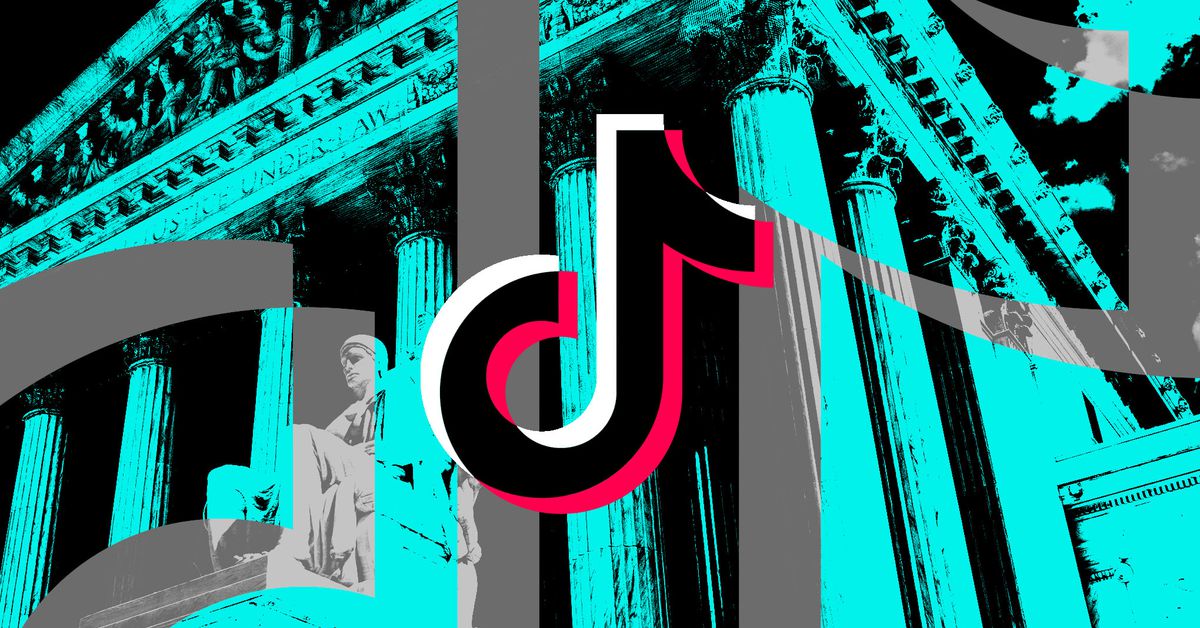Biden’s TikTok Dilemma: The Intersection of Digital Privacy and National Security
As President Biden navigates the complexities of regulating TikTok, the controversial app’s fate may now rest in the hands of his successor. The situation encapsulates a broader debate about digital privacy, national security, and the evolving landscape of social media in America. This dilemma is not merely about a single application; it embodies the challenges that come with managing technology in a globalized world.
The Rise of TikTok and Its Popularity
TikTok has surged in popularity since its launch, particularly among younger demographics. With over a billion users worldwide, it has become a cultural phenomenon, shaping trends and influencing how people communicate and share content. The app allows users to create short, engaging videos, often set to music, and has been credited with giving rise to countless viral challenges and trends.
However, TikTok’s success is accompanied by serious concerns regarding data privacy and national security. Critics argue that its parent company, ByteDance, has close ties to the Chinese government, raising alarms over the potential for user data to be accessed by foreign entities.
Biden’s Stance on TikTok
President Biden’s administration has approached the issue of TikTok with caution. Early in his presidency, he initiated a review of the national security risks posed by the app, reflecting a broader bipartisan concern about Chinese technology companies. This review aimed to assess whether TikTok poses a threat to American users and whether it should be banned or subjected to stricter regulations.
However, the process has been slow and complicated, with public opinion divided on the implications of a TikTok ban. Advocates for regulation argue that user data must be protected, while opponents fear that banning the app could infringe on free speech and stifle creativity.
The Challenge of Regulating TikTok
One of the critical challenges in regulating TikTok lies in the app’s unique nature. Unlike traditional media, social media platforms like TikTok operate on a user-driven model where content is generated by users themselves. This makes it difficult to impose regulations without infringing on individual liberties. Key considerations include:
- Data Privacy: How to ensure user data is protected from unauthorized access while allowing for a platform that fosters creativity.
- National Security: Balancing the need for security with the freedoms guaranteed by the First Amendment.
- International Relations: Navigating the complexities of U.S.-China relations in the context of technology and cybersecurity.
The Future of TikTok and Social Media Regulation
The future of TikTok may not only hinge on Biden’s administration but also on the next leader of the United States. As the regulatory landscape evolves, the incoming administration will have to grapple with various scenarios:
- Enhanced Regulations: Potentially implementing stricter data protection laws that apply specifically to foreign-owned applications.
- Outright Ban: Following through on previous threats to ban the app entirely if security concerns are not satisfactorily addressed.
- Collaborative Approaches: Engaging in international dialogues to establish global standards for data privacy and security in social media.
The Implications for Digital Privacy
The debate surrounding TikTok is emblematic of larger issues concerning digital privacy. As technology continues to advance, the lines between personal privacy and public information become increasingly blurred. For users, this raises important questions:
- What data is being collected? Understanding the extent of data collection and how it is used is crucial for informed consent.
- Who has access to this data? Users must be aware of who can access their information, as well as how it may be shared with third parties.
- What rights do users have? Advocating for stronger consumer rights and protections is essential in the digital age.
A Call for Transparency and Accountability
As the TikTok dilemma unfolds, there is a pressing need for transparency and accountability from both social media companies and regulators. This could involve:
- Clearer Privacy Policies: Social media platforms should provide easy-to-understand privacy policies that outline data collection practices.
- Regular Audits: Independent audits of apps like TikTok can help ensure compliance with data protection standards.
- Public Engagement: Involving the public in discussions about data privacy can foster a more informed citizenry.
Conclusion: The Road Ahead
As President Biden’s administration grapples with the complexities of regulating TikTok, the implications of this dilemma extend far beyond a single app. The next administration will face critical challenges in balancing national security, digital privacy, and the rights of users. This pivotal moment not only represents a challenge for policymakers but also provides an opportunity to shape the future of social media regulation in America.
Ultimately, the fate of TikTok may very well influence how future generations interact with technology. By prioritizing transparency, accountability, and user rights, the U.S. can lead the way in establishing a digital environment that respects privacy while fostering innovation and creativity. Whether through enhanced regulations, collaborative approaches, or a commitment to user education, the path forward will be crucial in determining the balance between security and freedom in the digital age.
See more Future Tech Daily

